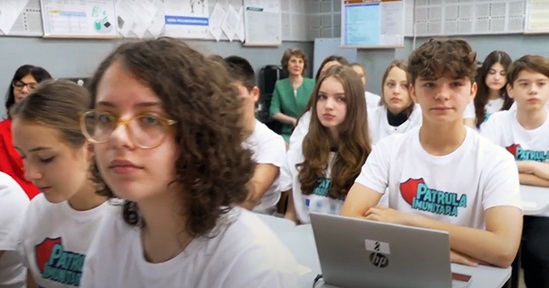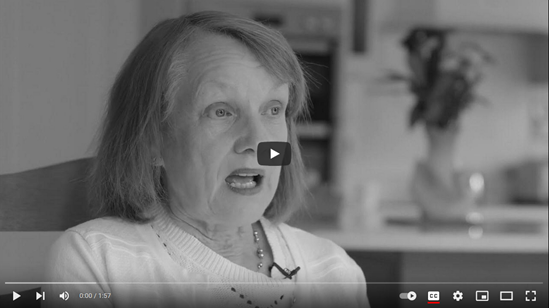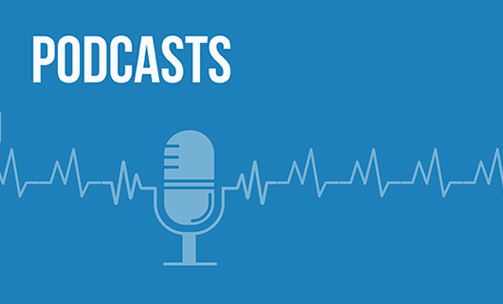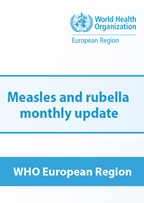Vaccines and immunization
Immunization is one of the most cost-effective ways to save lives and promote good health and well-being throughout the life course. Every year, vaccines save millions of lives, and millions more people are protected from disease and disability. By preventing many serious early-childhood infectious diseases, like polio and measles, immunization helps children grow into healthy adults. Other vaccines given early in life help prevent liver and cervical cancer many years later, and vaccination of older adults protects them from influenza, COVID-19 and other serious diseases.
The WHO European Region has made great progress in recent decades on
many of these fronts, but there are still gaps in vaccination coverage that put especially the most vulnerable at risk. Access to vaccines, including against human papillomavirus and SARS-CoV2, is also not equitable within and among countries.
Immunization is one of the “best buys” in global health, a strong foundation of the primary health care system and an indisputable human right. By preventing disease and deaths, it plays a crucial role in achieving — either directly or indirectly — 14 of the 17 Sustainable Development Goals (SDGs), particularly SDG3: “to ensure healthy lives and promote well-being for all at all ages”.
The European Region has relatively high immunization coverage compared to other regions, allowing it to sustain polio-free status since 2002 and achieve significant progress in reducing the burden of measles, rubella, diphtheria, tetanus, pertussis and other diseases. However, gaps in immunization coverage persist, leaving many people at all ages vulnerable to serious and preventable diseases.
With WHO/Europe support, all Member States in the Region are working to implement the European Immunization Agenda 2030 (EIA) – a strategy to create stronger and more resilient immunization systems and structures, based on the key pillars of immunization equity, life course immunization and tailored local solutions that address vaccination demand and acceptance in the population.
EIA2030 is one of the flagship initiatives of the European Programme of Work 2020–2025 — “United Action for Better Health in Europe”, which was adopted by the WHO Regional Committee for Europe in September 2020.


















